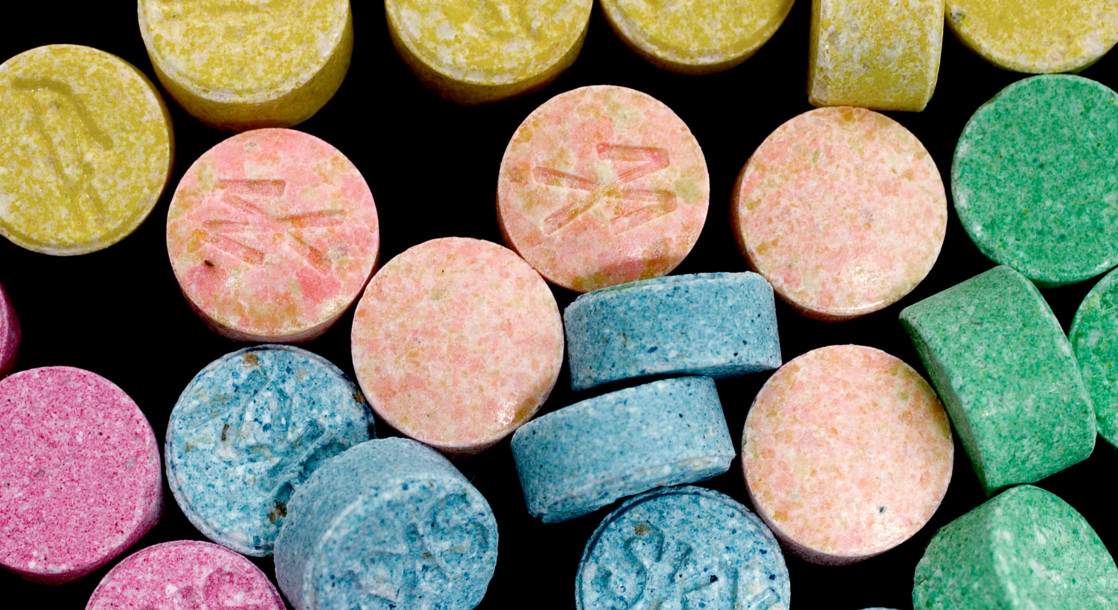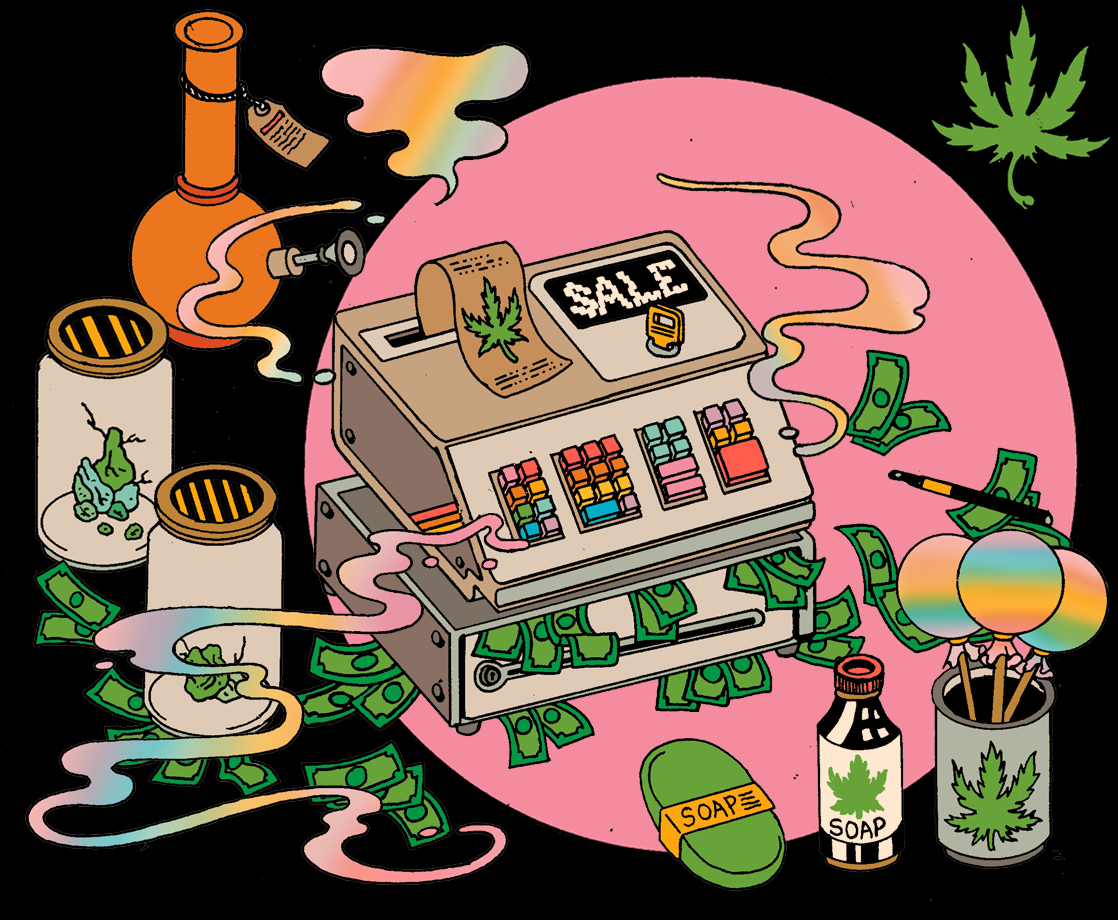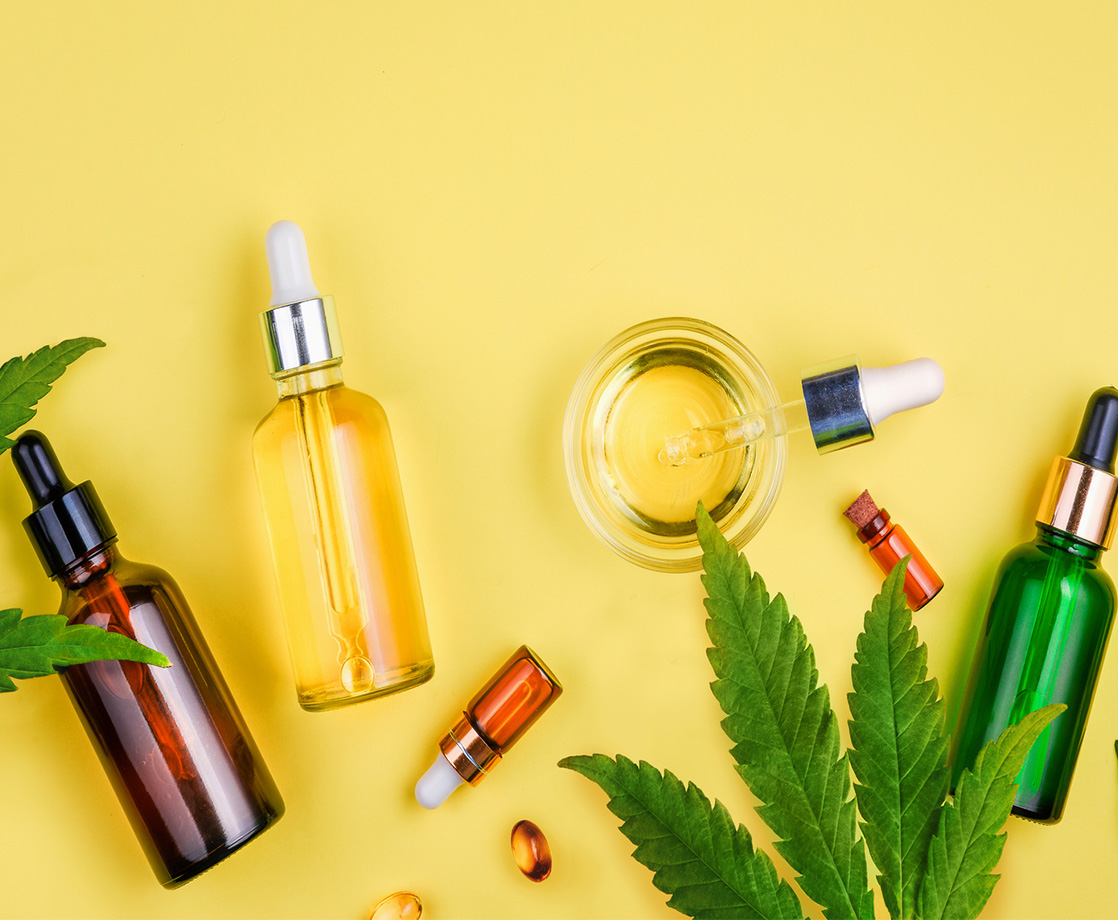After successful preliminary trials showing the potential of MDMA as a treatment for PTSD, the FDA have approved Phase 3 clinical trials for the drug. These trials, if successful, could pave the way for the approval of MDMA as a legal, clinical treatment by 2021.
Six Phase 2 trials for the drug, funded by the Multidisciplinary Association for Psychedelic Studies (MAPS), tested the effectiveness of MDMA-assisted psychotherapy as a new form of treatment for 130 PTSD patients. The patients, a mix of combat veterans, police, firefighters, and sexual assault victims, suffered from PTSD symptoms for an average of 17 years. The patients selected for the study had previously been treated with traditional psychotherapy or prescription drugs, with little success.
In the trials, each patient was administered MDMA on three separate occasions, under a psychiatrist's guidance. One of the studies found that patients reported a 56 percent decrease in the severity of their symptoms. By the end of the study, two-thirds of the patients no longer met the criteria for having PTSD, and follow-up examinations found that the positive results of the treatment lasted over a year. Based on these positive results, MAPS is funding the Phase 3 trials, in which at least 230 patients will try this new form of therapy.
Dr. Michael C. Mithoefer, a psychiatrist who conducted some of these trials, believes that MDMA “works as a catalyst that speeds the natural healing process. We can sometimes see this kind of remarkable improvement in traditional psychotherapy, but it can take years, if it happens at all.” Dr. Mithoefer's wife Ann, a psychiatric nurse, explained, “the medicine allows them to look at things from a different place and reclassify them. Honestly, we don’t have to do much. Each person has an innate ability to heal. We just create the right conditions.”
Psychiatrists explained that the positive effects of the treatment come from a combination of the drug and psychotherapy, and warn that recreational use of the drug is still potentially dangerous. “It’s a feel-good drug, and we know people are prone to abuse it,” Dr. Charles R. Marmar, head of psychiatry at the NYU Langone School of Medicine, said. “Prolonged use can lead to serious damage to the brain.” Another concern about recreational use is that ecstasy bought on the street might not even be MDMA at all. A recent study found that 40% of NYC clubgoers who thought they had taken MDMA had actually taken bath salts instead.











